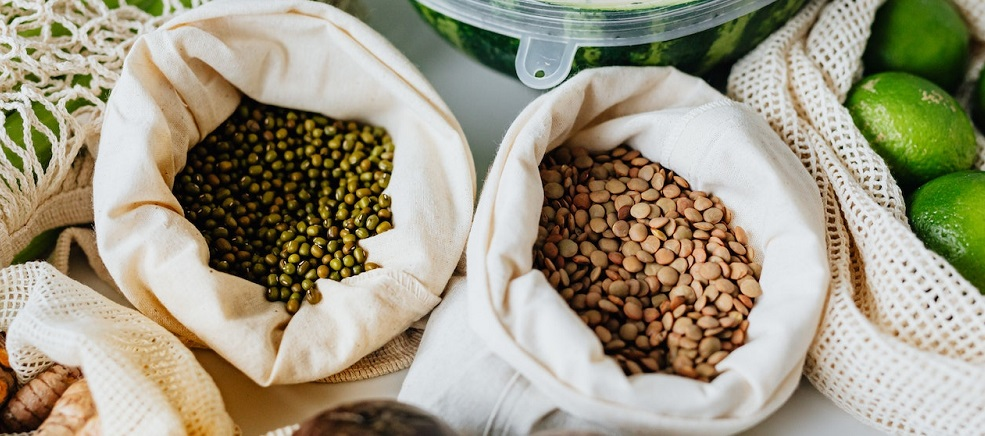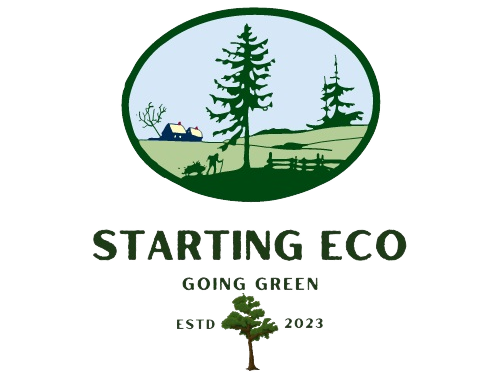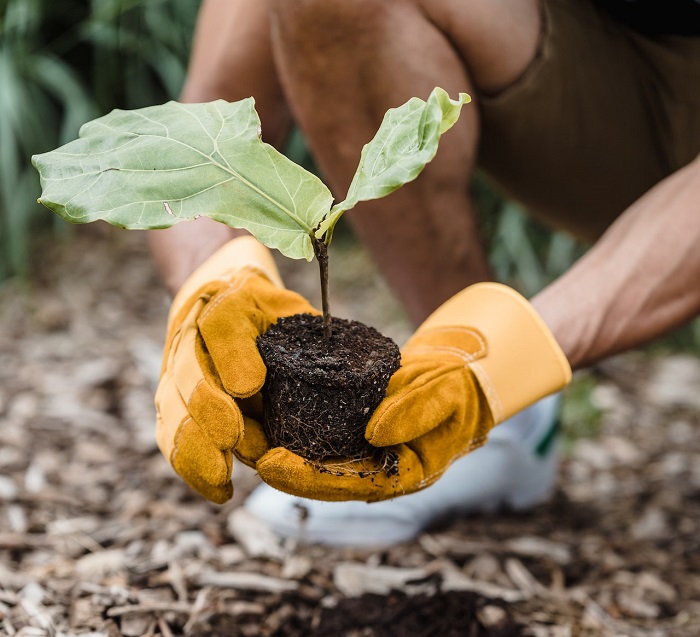Sustainable Cooking: How to Start Right Now
Sustainable cooking is a mindful approach to preparing meals that emphasizes the use of locally-sourced, organic, and seasonal ingredients.
At the same time reducing waste, and minimizing our carbon footprint.
Sound good? Well, it gets better.
I’m glad that you have an interest in Sustainable cooking and this shows you are willing to help our planet through Sustainability! Koodos to you.
The fact is that one of the more significant global concerns today is climate change, and how we produce, prepare, and consume food is a major contributor.
In addition, the money we spend feeding our families is increasing every year. In fact, the price of food has increased by 9.9% in 2022 according to the USDA (Source).
It’s still increasing every year and in fact, food prices are the highest in history.
The food we eat, how it’s produced, and the miles it travels before it lands on our plates all have a considerable impact on life and our environment.
Fortunately, there’s a way to make eco-friendly choices, cook and eat with sustainability in mind without sacrificing flavor or nutrition while saving ourselves money.
Let’s take a look at what sustainable cooking is, why it matters, and how you can start implementing it right now.
What is sustainable cooking?

Sustainable cooking is a more eco-friendly and responsible approach to cooking that aims to reduce waste and support the environment through intentional ingredient sourcing and mindful utilization of resources while promoting health and nutrition.
Phew, that’s a lot to say, but when we eat and cook sustainably, for example, we use ingredients that are fresh, local, and in season, which helps reduce carbon emissions from long-distance transportation and storage.
Additionally, sustainable cooking and eating ensure that little to no food goes to waste. It embraces the use of whole ingredients and packaging and encourages preserving perishable food items.
Sustainable cooking methods prevent resources like water, energy, and food.
This mindful approach to food preparation helps in reducing carbon emissions, in waste reduction saving energy, and providing healthy, delicious meals.
Why does it matter?

Cooking sustainably matters because it benefits both your health and the planet. First, it encourages the consumption of nutrient-rich whole foods and vegetables that are less processed.
This process promotes a nutritionally balanced diet that is both healthier and more flavorful. At the same time, cooking sustainably helps to conserve energy, reduce waste and minimize negative environmental impact.
It also minimizes carbon emissions from the food industry, which are a significant contributor to climate change.
Sustainable cooking not only protects the environment but also helps to support the local economy and improve the livelihoods of farmers and producers.
What are examples of sustainable food?

- Fruits and vegetables: Opt for locally grown, organic, and seasonal fruits and vegetables that are produced without synthetic pesticides and fertilizers.
- Whole grains: Choose sustainably produced whole grains such as quinoa, brown rice, and oats, which have lower environmental impacts compared to refined grains.
- Legumes: Include legumes like lentils, beans, and chickpeas in your diet. They are rich in protein, require less water and land to grow, and have a lower carbon footprint than animal-based protein sources.
- Nuts and seeds: Enjoy sustainably sourced nuts and seeds, such as almonds, walnuts, and chia seeds. They are nutritious and require fewer resources to grow compared to animal products.
- Plant-based proteins: Explore plant-based protein alternatives like tofu, tempeh, and seitan, which have a smaller environmental footprint compared to meat.
- Sustainable seafood: Choose seafood that is sustainably caught or farmed. Look for certifications like the Marine Stewardship Council (MSC) or the Aquaculture Stewardship Council (ASC) labels.
- Organic dairy products: If you consume dairy, opt for organic options that are produced without synthetic hormones or antibiotics from farms with sustainable practices.
- Free-range eggs: Choose eggs from free-range or pasture-raised chickens that have been raised in humane conditions.
- Locally sourced meats: If you consume meat, choose locally sourced, grass-fed, and pasture-raised options. These tend to have lower environmental impacts and support local farmers.
- Sustainable sweeteners: Consider using sustainable sweeteners such as maple syrup, honey, or coconut sugar, which are produced using less intensive farming methods compared to conventional sugar.
Top 5 steps to get started

You don’t have to make drastic changes in your cooking, eating habits or lifestyle to start cooking sustainably.
Begin by incorporating small changes into your cooking routine over time. Here are a few tips to help you get started:
1. Shop seasonally:
Choose local, organic produce that is in season. Shopping for seasonal produce helps you minimize your environmental footprint and also supports the local agriculture industry.
2. Bulk buying:
Consider buying groceries in bulk, so you only buy just enough food and ingredients each week to limit waste over longer periods of time.
3. Use leftovers:
Start eating any leftovers and preserve or prepare them for the next meal instead of discarding food that could potentially be reused. We call these meals “Mustgo”.
4. Reduce meat consumption:
Minimize your meat consumption and switch to plant-based protein sources. Meat production is a major contributor to the environmental footprint of food systems.
Consuming whole foods and plant-based meals decreases greenhouse gas emissions and strengthens our immune system.
5. Minimizing food waste
The food that we waste not only causes significant environmental damage but also contributes to hunger and poverty in many parts of the world.
Fortunately, there are several ways that we can cut down on food waste, from planning our meals, buying only what we need, using less meat, using leftovers creatively, and composting our food waste.
Making small changes in our habits can go a long way in reducing our carbon footprint, saving money, and improving our health.
So, let’s take a step towards sustainable living by minimizing food waste and protecting our planet.
6. Reducing greenhouse gas emissions
This starts with what we put on our plates. By adopting a more sustainable approach to cooking, we can help the world and reduce our greenhouse gas emissions and support a healthier planet.
Greenhouse gas emissions are one of the most pressing problems affecting our planet today.
From transportation to agriculture, many sectors contribute to these emissions. However, one area that often goes overlooked is our cooking habits.
Sustainable cooking practices can greatly reduce our carbon footprint and contribute to a greener future.
Simple changes such as eating more plant-based meals, using energy-efficient appliances, and reducing food waste can make a significant impact.
By making sustainable choices in the kitchen, we can all do our part in reducing greenhouse gas emissions.
It’s never too late to start cooking sustainably and making a positive impact on our planet.





